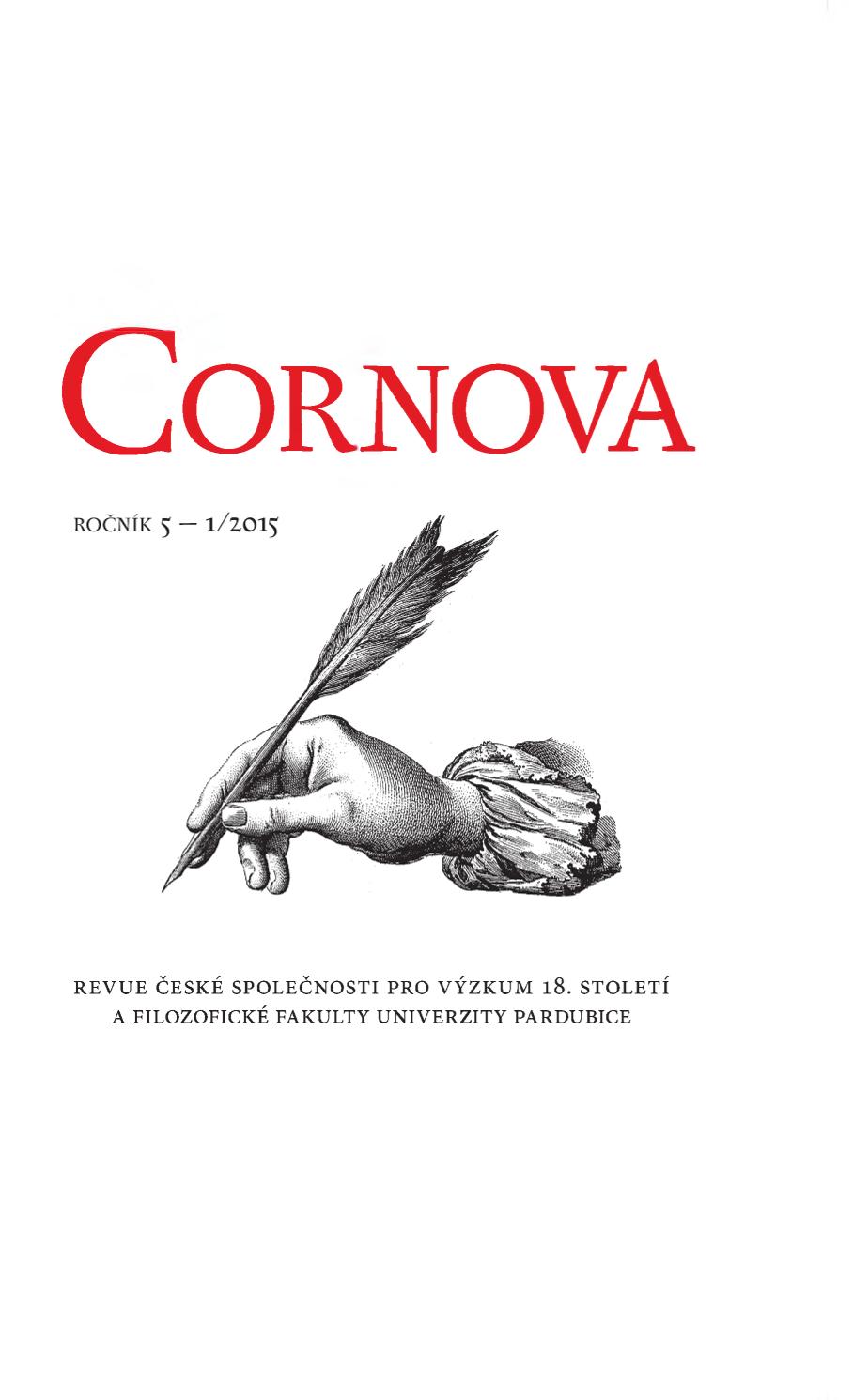Kaiser Joseph II. und die Freimaurerei
Emperor Joseph II. and the Freemasonry
Author(s): Helmut ReinalterSubject(s): Social history, 18th Century
Published by: AV ČR - Akademie věd České republiky - Ústav pro českou literaturu
Keywords: Freemasonry; secret societies; Emperor Joseph II; Josephinism; Practical Enlightenment; Enlightened Absolutism; Masonic Decree;
Summary/Abstract: On March 12, 1781, the lodge “Zur wahren Eintracht” (“True Concord”), which was originally a secession of the lodge “Zur gekrönten Hoffnung” (“Crowned Hope”), was initiated – a lodge that would show itself to be paramount for the further development of Freemasonry in Austria. It supported the establishment of new masons’ guilds in the provinces of the Habsburg monarchy and actively contributed there. The deputized Grand Master and ducal Saxe Weimar resident at the Viennese Court, Christian Bernhard von Isenflamm, envisaged the construction of an elite lodge, which could indeed be built. While at first, aulic surgeon Ignaz Fisher assumed the titular administration of the lodge – Isenflamm had refused a function due to his public status – later privy councilor Ignaz Edler von Born, who as Master of the Chair would soon advance the lodge to an elite association with a literary scientific inclination, joined with his circle. Born did not publicly support the establishment of an imperial academy in Vienna, because he wanted to realize the academic thought within Freemasonry. The lodge “Zur wahren Eintracht” especially lent itself to the achievement of this goal, because it had been headed from the beginning by men of the sciences. Under Joseph II, the Freemasons used the press well in order to gain a broader base of influence. However, because the Freemasons were not willing to be politically instrumented by Joseph II, Joseph II issued an imperial hand billet which reduced the number of lodges and with which the emperor hoped to bring the Freemasons under his control. The imperial hand billet resulted in a veritable flood of brochures which had already started in 1781 and now received fresh impetus. The disappointment of the Freemasons was immense and the imperial decree led to the demise of the lodges in Austria.
Journal: Cornova
- Issue Year: 05/2015
- Issue No: 01
- Page Range: 85-115
- Page Count: 31
- Language: German

